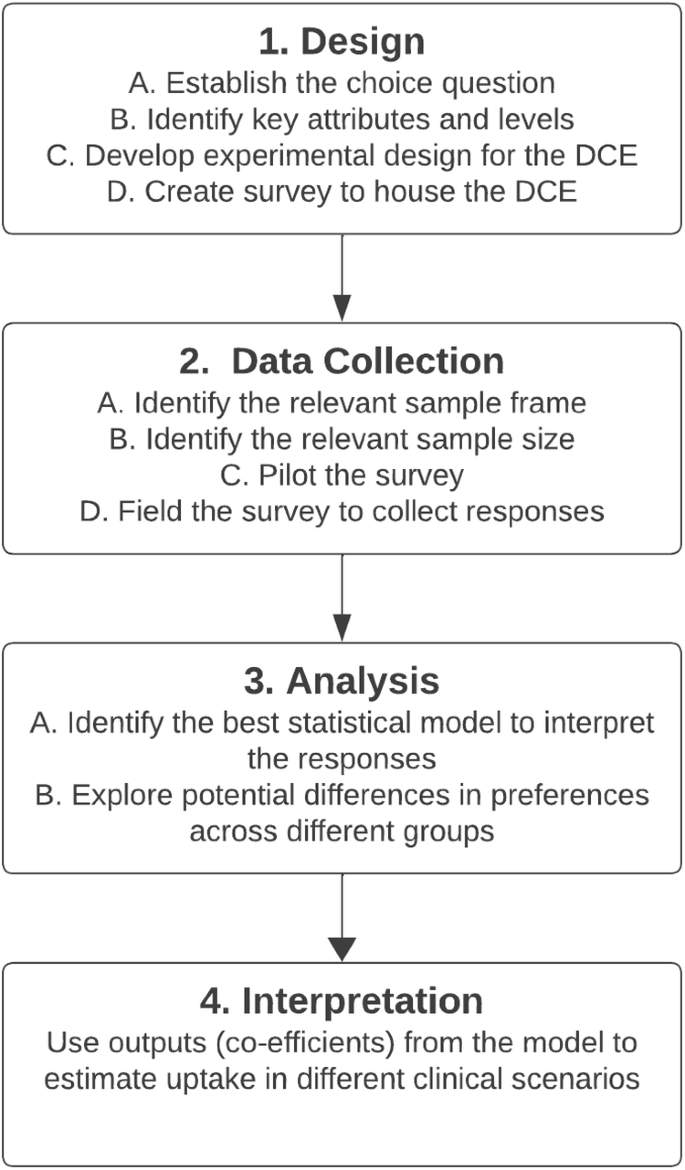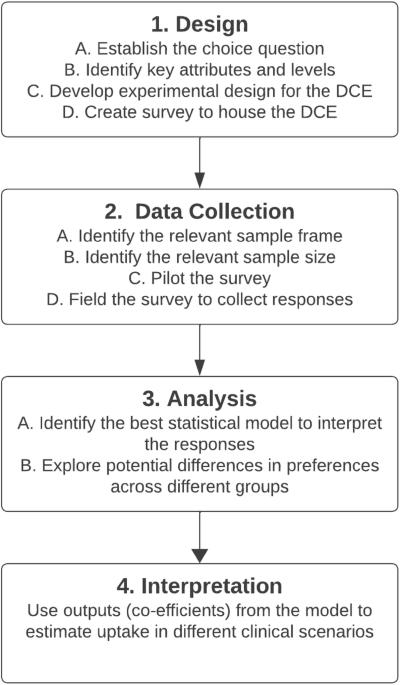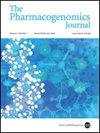Understanding general practitioner and pharmacist preferences for pharmacogenetic testing in primary care: a discrete choice experiment
IF 2.9
3区 医学
Q2 GENETICS & HEREDITY
引用次数: 0
Abstract
Pharmacogenetic testing in the United Kingdom’s National Health Service (NHS) has historically been reactive in nature, undertaken in the context of single gene-drug relationships in specialist settings. Using a discrete choice experiment we aimed to identify healthcare professional preferences for development of a pharmacogenetic testing service in primary care in the NHS. Respondents, representing two professions groups (general practitioners or pharmacists), completed one of two survey versions, asking them to select their preferred pharmacogenetic testing service in the context of a presentation of low mood or joint pain. Responses from 235 individuals were included. All respondents preferred pharmacogenetic testing over no testing, though preference heterogeneity was identified. Both professional groups, but especially GPs, were highly sensitive to service design, with uptake varying depending on the service offered. This study demonstrates uptake of a pharmacogenetic testing service is impacted by service design and highlights key areas which should be prioritised within future initiatives.


了解全科医生和药剂师对基层医疗机构药物基因检测的偏好:离散选择实验。
英国国民医疗服务体系(NHS)中的药物基因检测历来都是被动的,是在专科环境中针对单一基因与药物的关系进行的。通过离散选择实验,我们旨在确定医疗保健专业人员对在国民健康服务体系的初级保健中发展药物基因检测服务的偏好。代表两个专业群体(全科医生或药剂师)的受访者完成了两个调查版本中的一个,要求他们在出现情绪低落或关节疼痛的情况下选择自己喜欢的药物基因检测服务。235 人的回复被收录其中。与不进行检测相比,所有受访者都更倾向于进行药物基因检测,但也发现了偏好异质性。两个专业群体,尤其是全科医生,对服务设计高度敏感,接受程度因提供的服务而异。这项研究表明,药物基因检测服务的接受程度受服务设计的影响,并强调了在未来的举措中应优先考虑的关键领域。
本文章由计算机程序翻译,如有差异,请以英文原文为准。
求助全文
约1分钟内获得全文
求助全文
来源期刊

Pharmacogenomics Journal
医学-药学
CiteScore
7.20
自引率
0.00%
发文量
35
审稿时长
6-12 weeks
期刊介绍:
The Pharmacogenomics Journal is a print and electronic journal, which is dedicated to the rapid publication of original research on pharmacogenomics and its clinical applications.
Key areas of coverage include:
Personalized medicine
Effects of genetic variability on drug toxicity and efficacy
Identification and functional characterization of polymorphisms relevant to drug action
Pharmacodynamic and pharmacokinetic variations and drug efficacy
Integration of new developments in the genome project and proteomics into clinical medicine, pharmacology, and therapeutics
Clinical applications of genomic science
Identification of novel genomic targets for drug development
Potential benefits of pharmacogenomics.
 求助内容:
求助内容: 应助结果提醒方式:
应助结果提醒方式:


